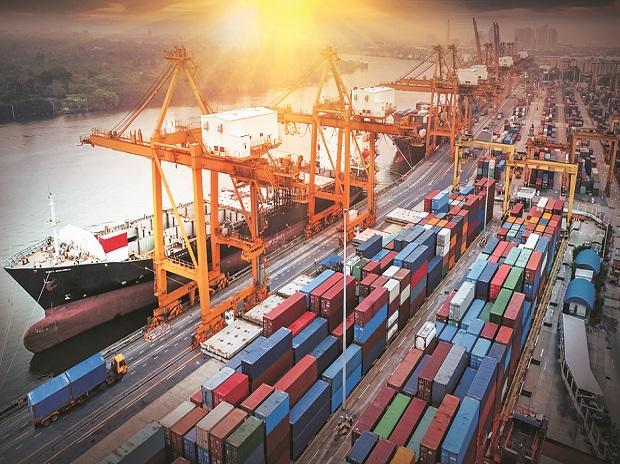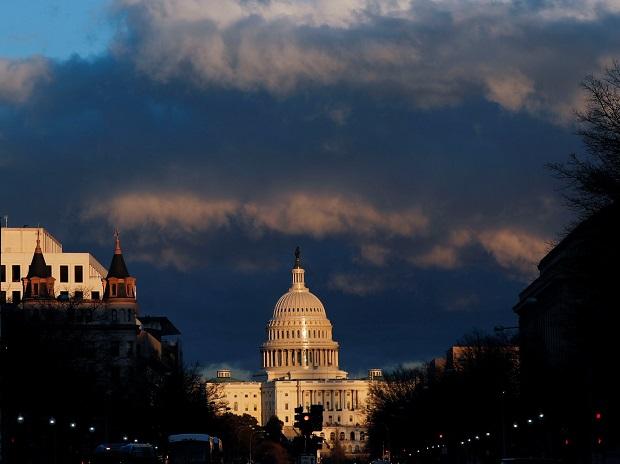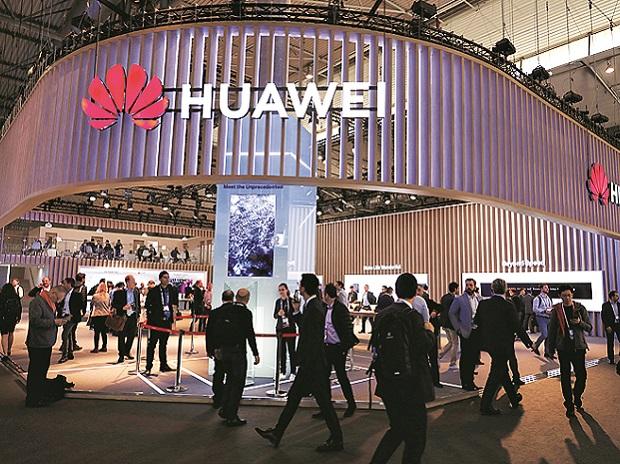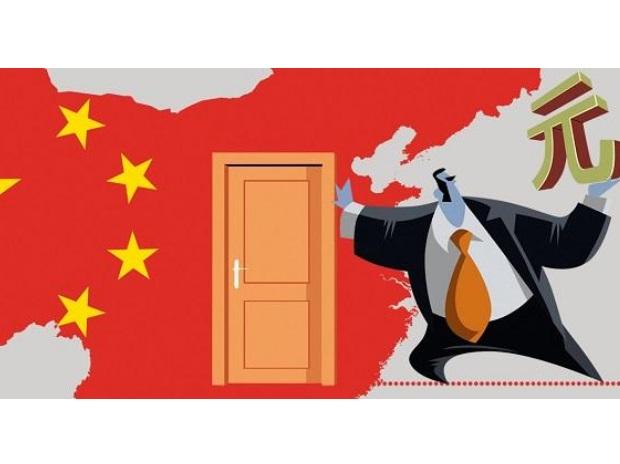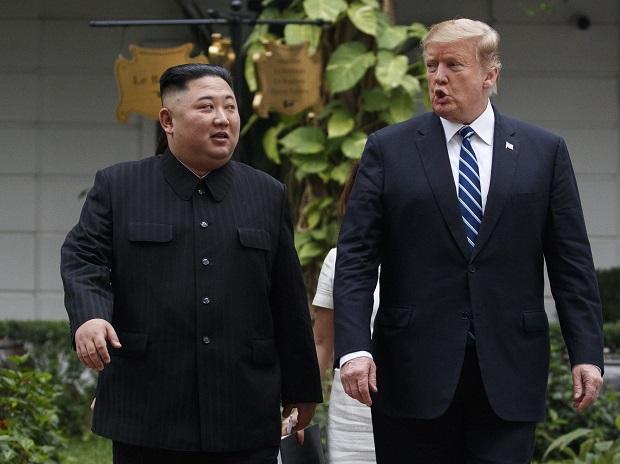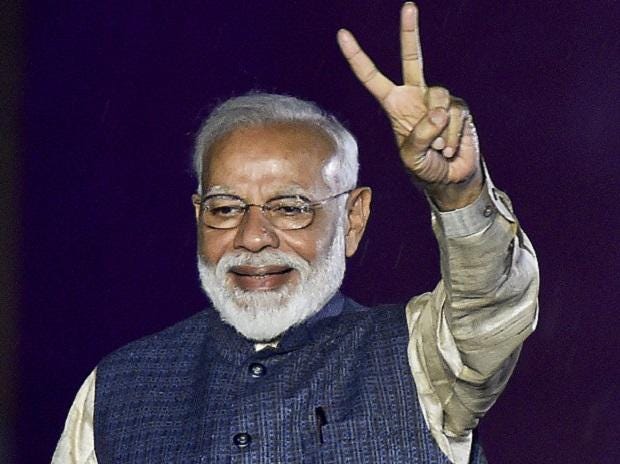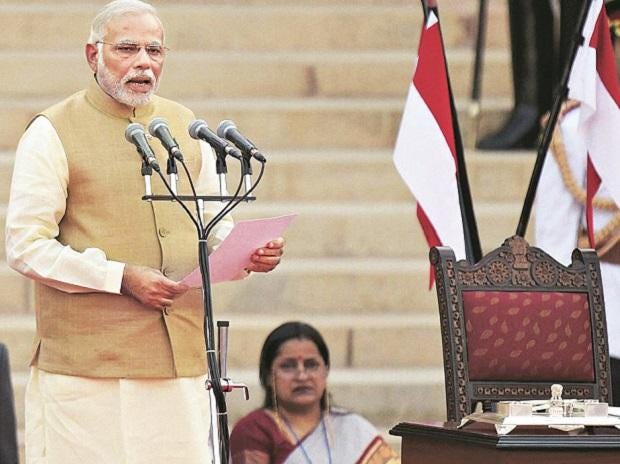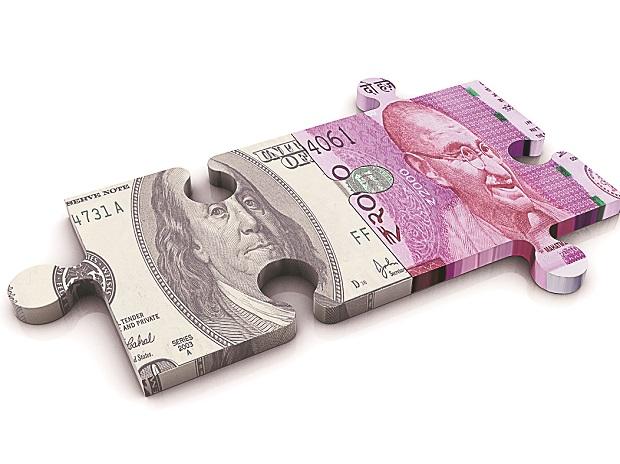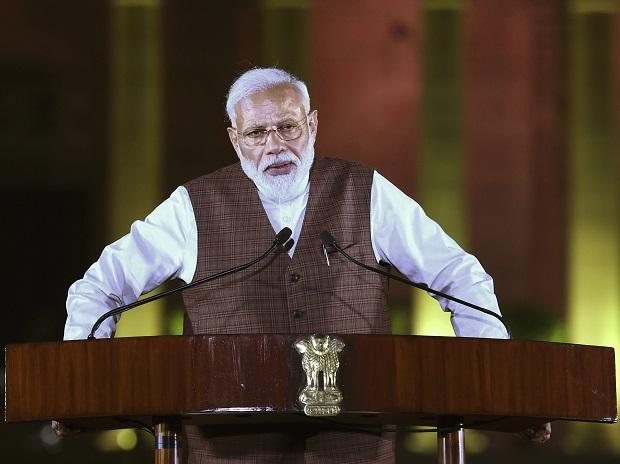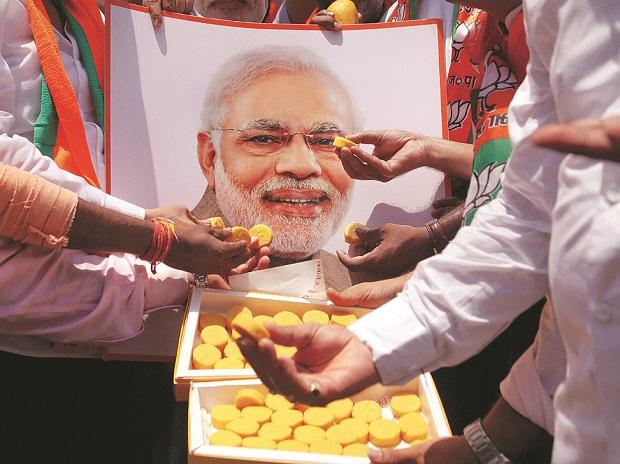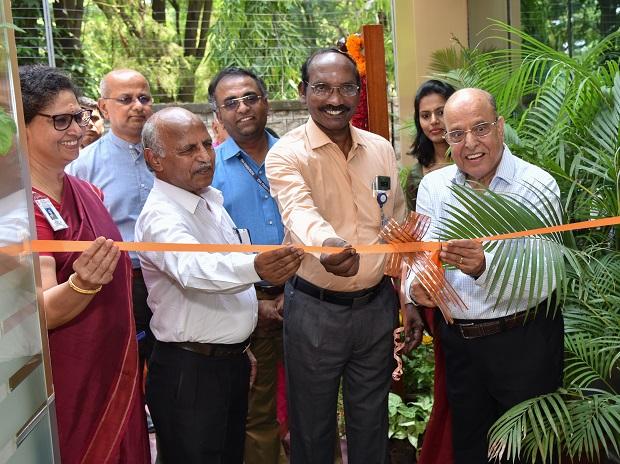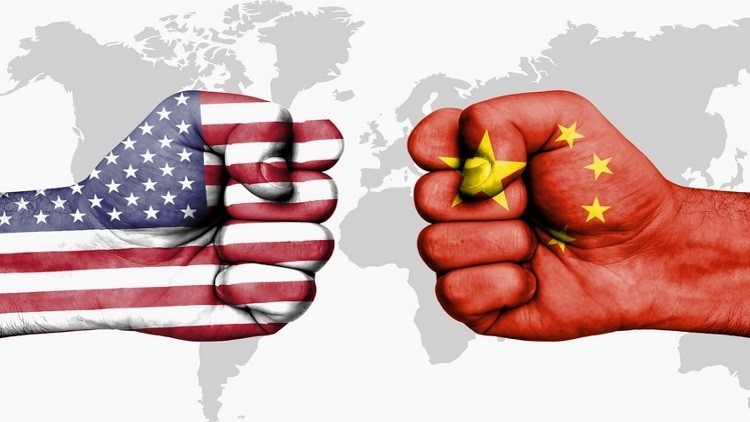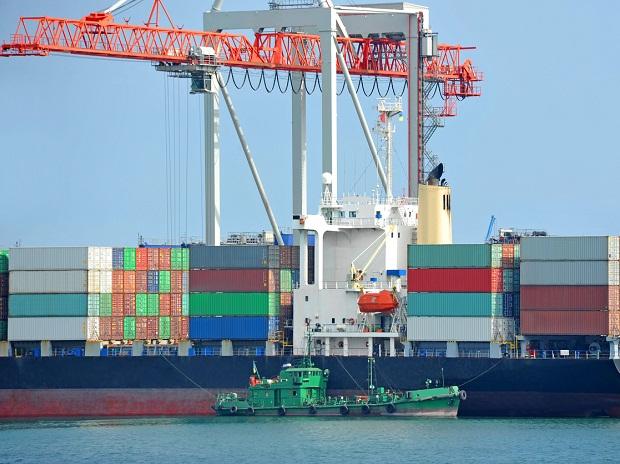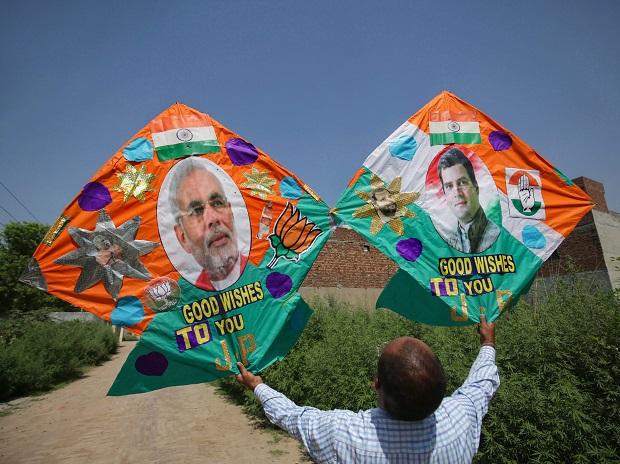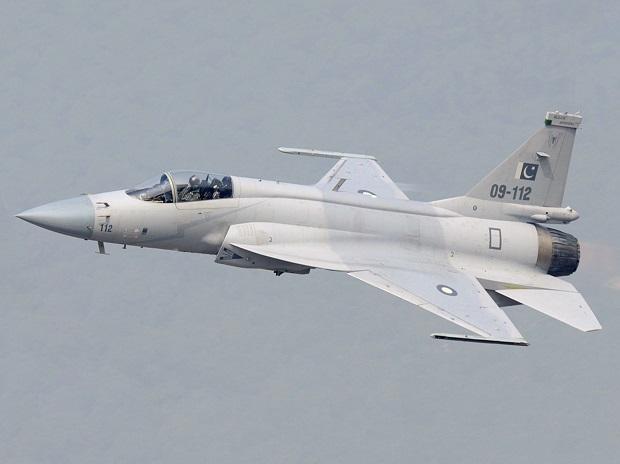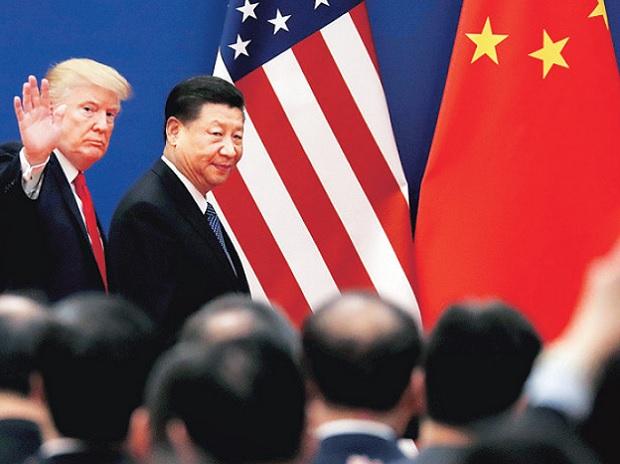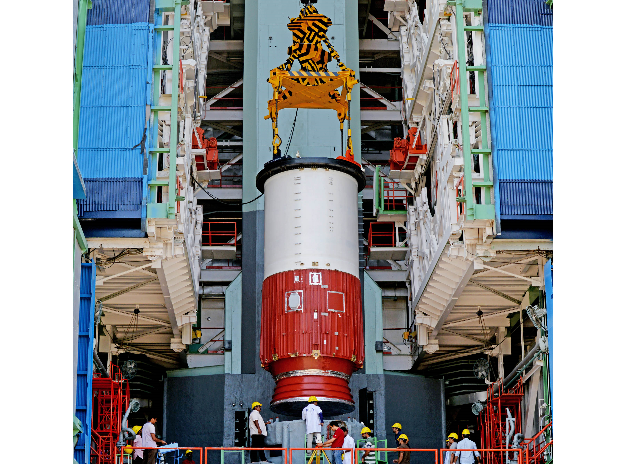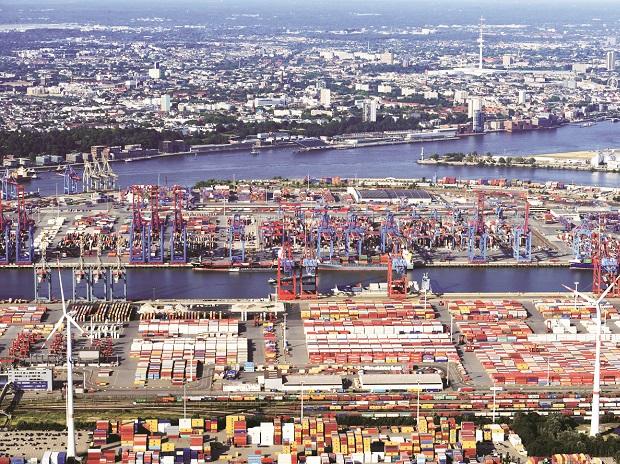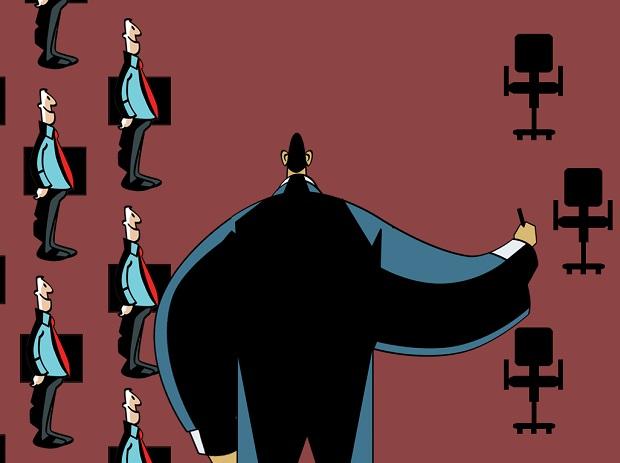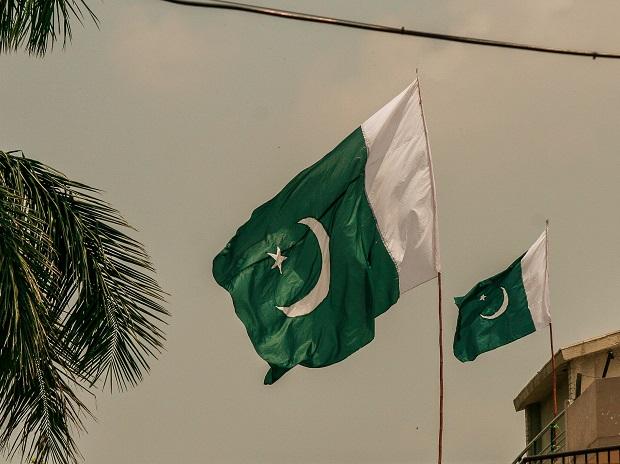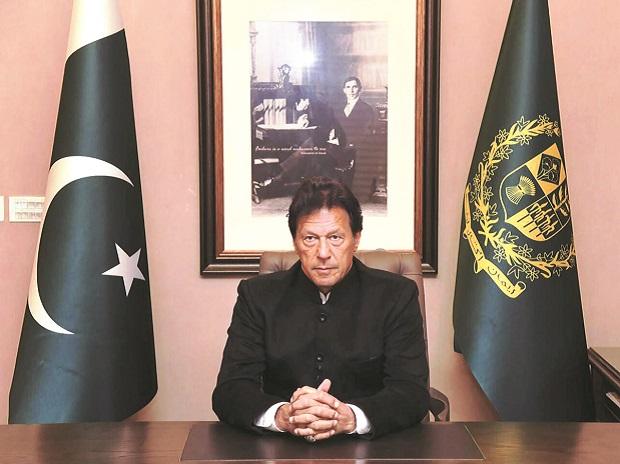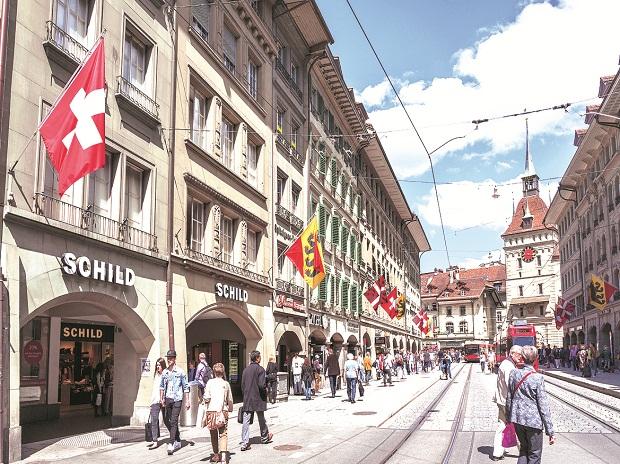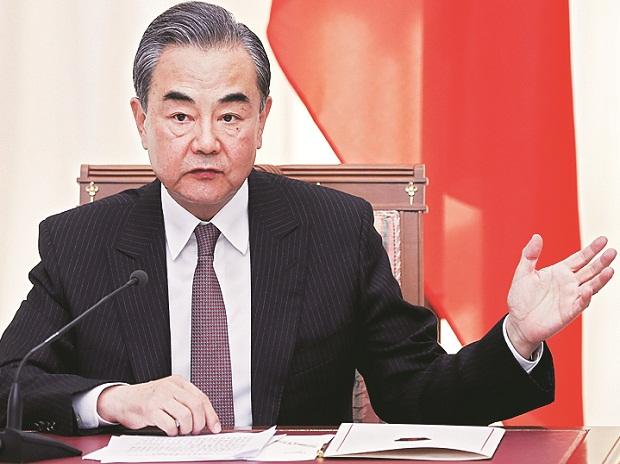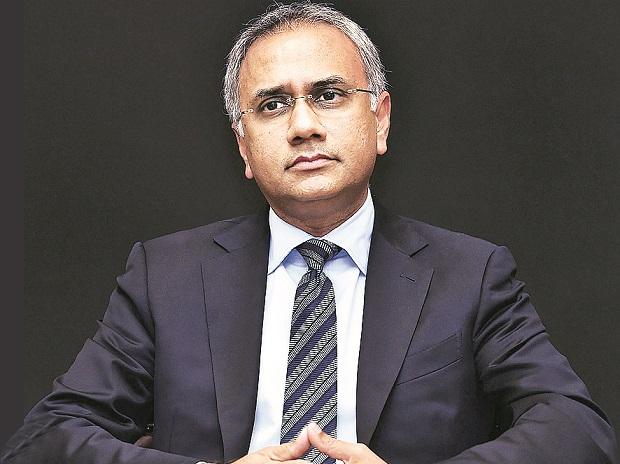
Economy News
The re-election of Narendra Modi as India’s Prime Minister for the second consecutive term with a thumping majority is a positive and the government should now focus on economic development and reforms to create jobs over the next five years, says Christopher Wood, global head of equity strategy at Jefferies.“With ten years in power he now has the time to change the country in a fundamental way, which makes the Indian stock market story more exciting than ever. Speaking of the stock market it, naturally, greeted the landslide with initial euphoria which is also good for GREED & fear’s Asia ex-Japan long-only portfolio which continues to have a 49 per cent weighting in India,” Wood wrote in his weekly note to investors, GREED & fear.
Wood still maintains his 'double overweight' rating on India in his Asia Pacific ex-Japan relative-return portfolio despite the sharp rally seen over the past few weeks and plans to add to his position on any decline. That said, he does caution against the expensive valuations, at a time when the earnings are also being downgraded again given the lack of cyclical momentum in the economy.
“The FY20-21E earnings estimates of the Indian office of GREED & fear’s new home are 5 – 6 per cent lower for the Nifty Index since the start of 2019 with valuations at a one-year forward PE of over 18x, compared with a 10-year average of 16x,” he says.
Indian markets have been one of the best performing in the global context thus far in calendar year 2019 (CY19), with the S&P BSE Sensex rallying nearly 11 per cent. The mid-and small-cap indices, however, have been laggards. While the S&P BSE Mid-cap index slipped around 2.5 per cent during this period, the S&P BSE Small-cap index has gained a modest 2 per cent, data from ACE Equity shows.
